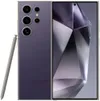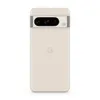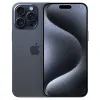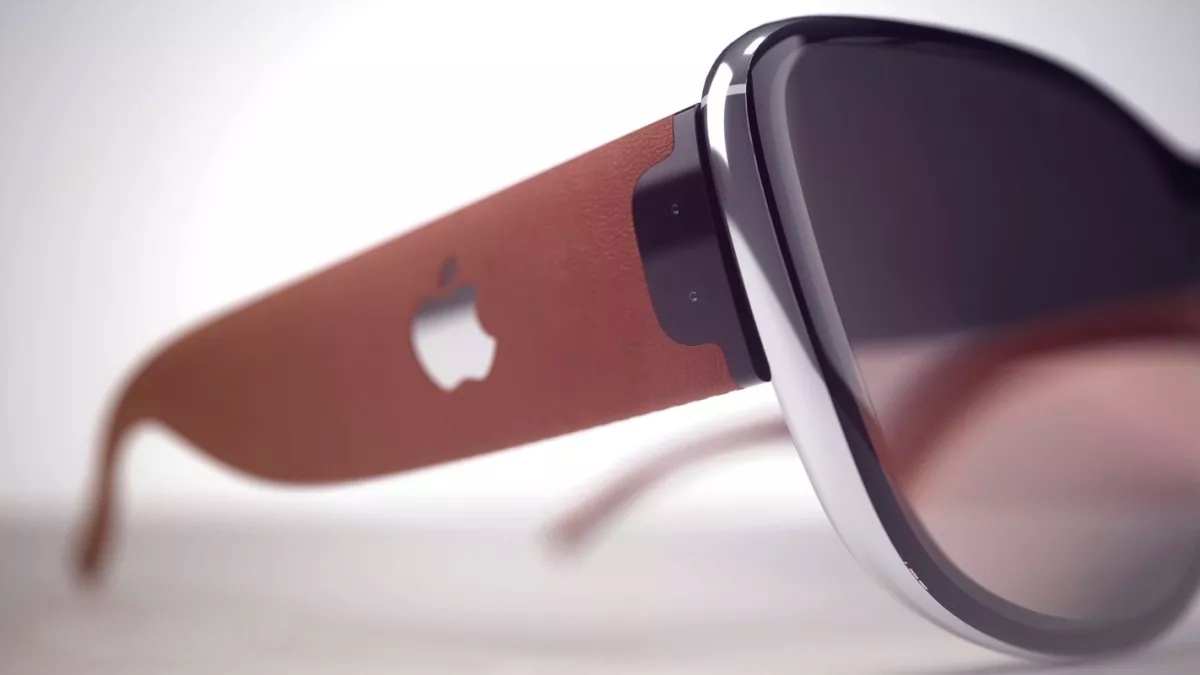Samsung Galaxy Z Fold 6 is here — everything you need to know
What you need to know about Samsung’s 2024 foldable
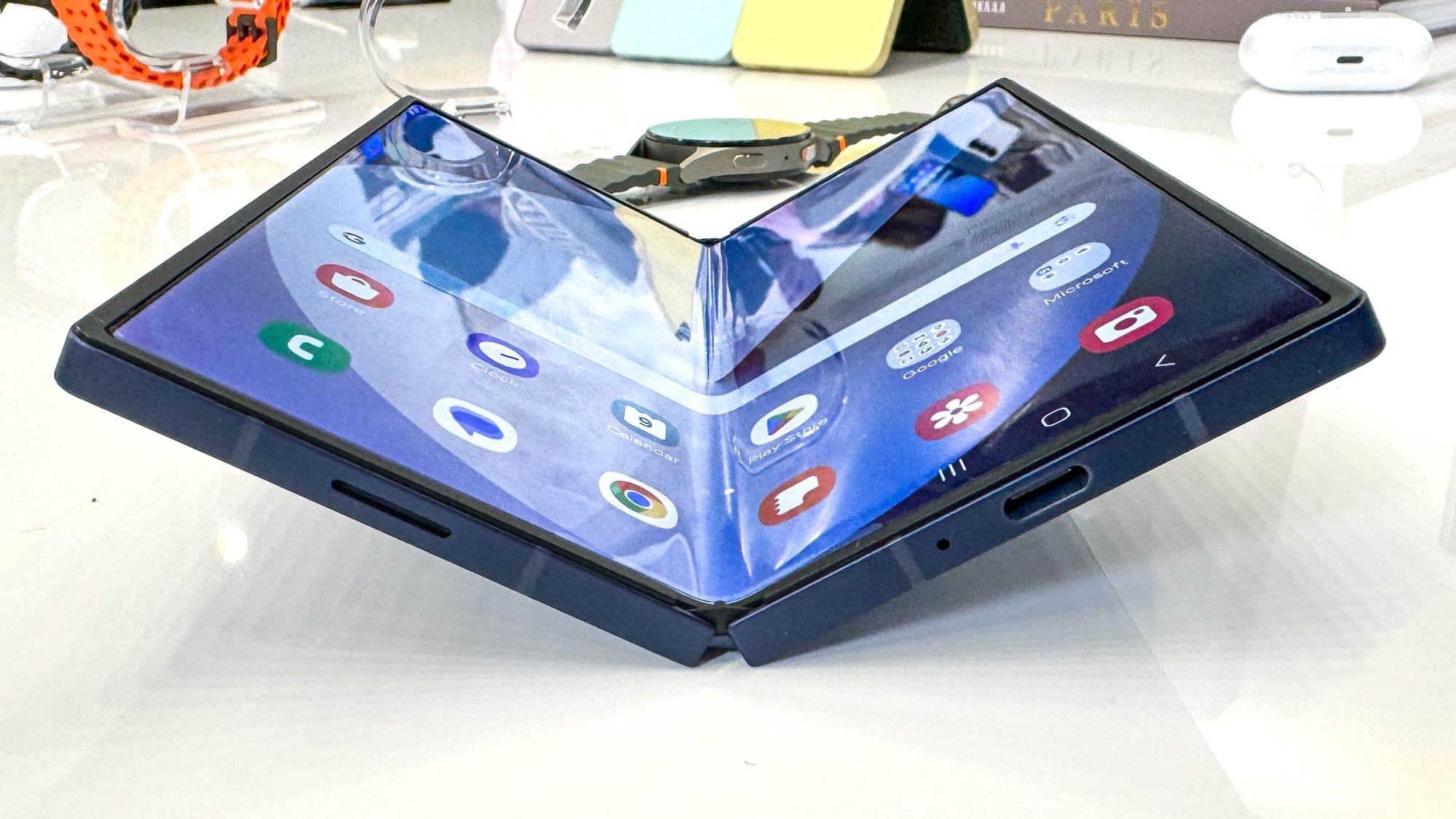
The Samsung Galaxy Z Fold 6 is an incredible piece of kit, and easily one of the best foldable phones on sale right now. As we noted in our Samsung Galaxy Z Fold 6 review, we're very big fans of how much lighter the phone is this year, thanks to its refreshed design that's a little more pocket friendly than the competition. Even if it isn't quite as thin as the Pixel 9 Pro Fold, or as interesting as the Huawei Mate XT Ultimate Design
The Z Fold 6 also lets you enjoy a whole suite of AI features, including some exclusive functions that take advantage of the phone's dual displays. Plus any would-be mobile gamers get to enjoy the powerful performance on the Snapdragon 8 Gen 3 — including some of the best graphics we've benchmarked.
Of course with prices starting at $1,899, $100 more than you'll have paid for an equivalent Galaxy Z Fold 5, prospective buyers have a choice to make. Are all the new upgrades worth spending so much money for?
From hardware to software, here’s everything you need to know about the Samsung Galaxy Z Fold 6.
Samsung Galaxy Z Fold 6 cheat sheet: The major changes
- The Galaxy Z Fold 6 is powered by the Snapdragon 8 Gen 3 for Galaxy, the same as the one found in the Galaxy S24 Ultra and currently the most powerful Android chipset on the market
- Despite rumors of a major redesign, the Galaxy Z Fold 6 looks more or less the same as before. It is fractionally shorter and wider, but not to the same extent as other foldables.
- The Z Fold 6 has a new dual rail hinge that is stronger and thinner, and combined with an FT6 protective screen later offers better shock resistance and a reduced display crease
- The Z Fold 6 has an official dust resistance rating for the first time, offering IP48 protection against water and dust ingress
- AI features have been improved and optimized for foldables. This includes Interpreter mode’s real-time translation, which can display both sides of a conversation on each display.
Samsung Galaxy Z Fold 6 pricing and availability
Prices for the Samsung Galaxy Z Fold 6 start at $1,899 / £1,799 / AU$2,749 for the 256GB storage option — which is $100 more than the equivalent Galaxy Z Fold 5. Prices rise to $2,019 / £1,899 / AU$2.949 for 512GB storage and $2,259 / £2,099 / AU$3,299 for 1TB of storage. All three variants come with 12GB of RAM.
Color options available this year include Silver Shadow, Pink and Navy. Craft Black and Purity White will be available exclusively from Samsung.com.
A bunch of Galaxy Z Fold 6 deals have been available since release, especially around Prime Day. We haven't seen any Black Friday phone deals for the flagship foldable yet, but we do expect to see some pop up as Black Friday itself approaches.
Sign up to get the BEST of Tom's Guide direct to your inbox.
Get instant access to breaking news, the hottest reviews, great deals and helpful tips.
Samsung Galaxy Z Fold 6 specs
| Header Cell - Column 0 | Samsung Galaxy Z Fold 6 | Samsung Galaxy Z Fold 5 |
|---|---|---|
| Inner Display | 7.6-inch (2,160 x 1856) Dynamic AMOLED, 20:.9:18 aspect ratio | 7.6-inch QXGA+ (2176 x 1812) Dynamic AMOLED, 21.6:18 aspect ratio |
| Outer Display | 6.3-inch (2,376 x 968) Dynamic AMOLED 2X, 22.1:9 aspect ratio | 6.2-inch HD+ (2316 x 904) Dynamic AMOLED 2X, 23.1:9 aspect ratio |
| Refresh rate | 120 Hz adaptive (inner and outer) | 120 Hz adaptive (inner and outer) |
| Chipset | Snapdragon 8 Gen 3 for Galaxy | Snapdragon 8 Gen 2 |
| RAM | 12GB | 12GB |
| Storage | 256GB/512GB/1TB | 256GB/512GB/1TB |
| Rear cameras | 50MP main wide-angle, f/1.8 + 12MP ultra-wide f2.2 + 10MP telephoto f/2.4 3X optical zoom | 50MP main wide-angle, f/1.8 + 12MP ultra-wide f2.2 + 10MP telephoto f/2.4 3X optical zoom |
| Selfie camera | 10MP f/2.2 (outer), 4MP f/1.8 (inner) | 10MP f/2.2 (outer), 4MP f/1.8 (inner) |
| Battery | 4,400 mAh / 10:35 | 4,400 mAh / 11:15 |
| Dimensions | 6 x 2.68 x 0.47 inches (folded), 6 x 5.2 x 0.22 inches (unfolded) | 6.1 x 2.64 x .53-inches (folded) and 6.1 x 5.11 x .24-inches (unfolded) / 67.1 x 154.9 x 13.4mm (folded) and 129.9 x 154.9 x6.1mm (unfolded) |
| Weight | 8.4oz (239 grams) | 8.92oz (253 grams) |
| IP Rating | IP48 | IPX8 |
| Price | From $1,899 / £1,799 | From $1,799 / £1,749 |
Samsung Galaxy Z Fold 6: What’s new
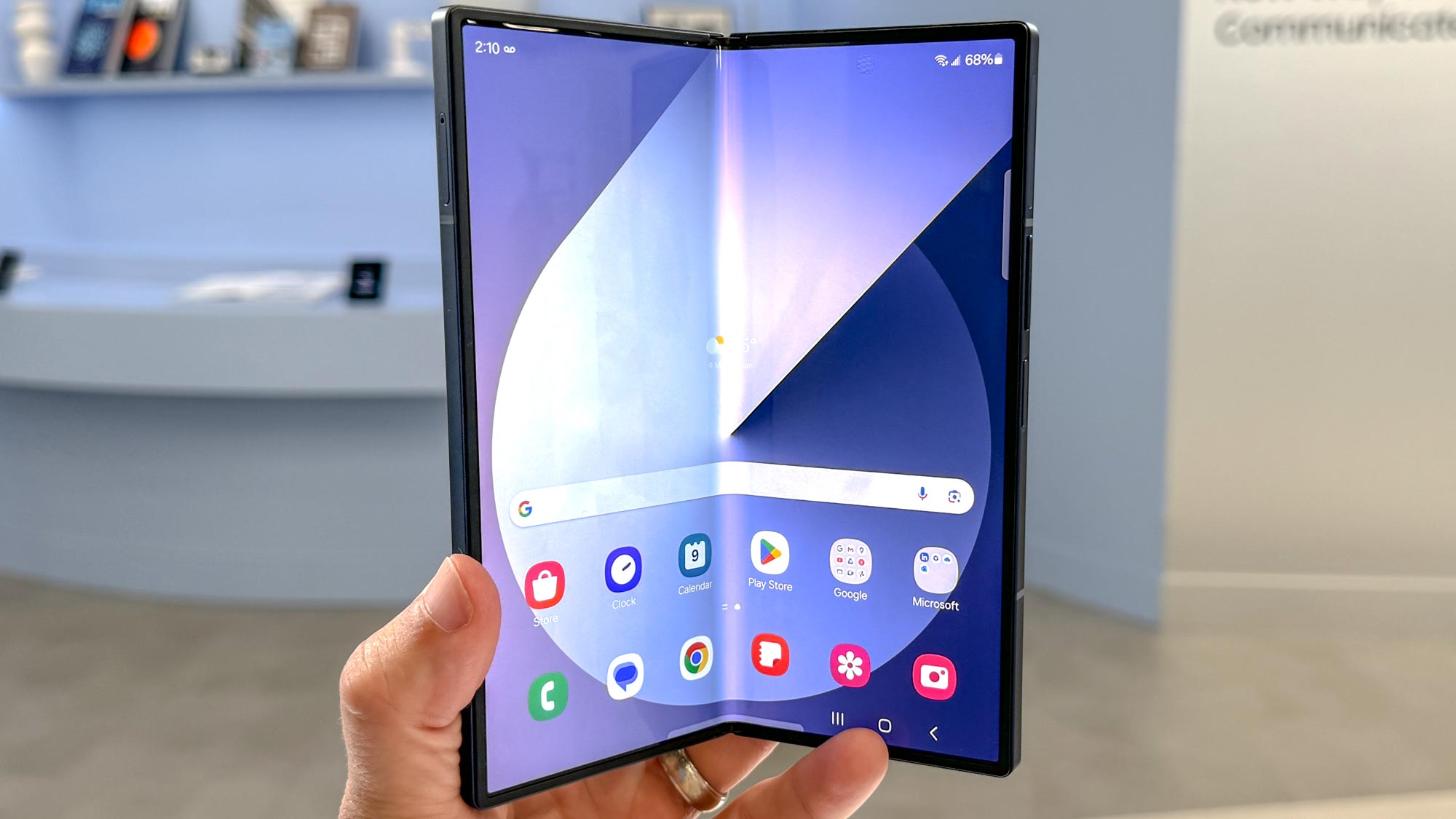
While there had been rumors of a big redesign, the look of the Galaxy Z Fold 6 hasn’t changed all that much compared to older models. It’s a little shorter and wider, but not by a whole lot. The phone is 6 x 2.68 x 0.47 inches when folded and 6 x 5.2 x 0.22 inches in an unfolded state. That’s 0.1 inches shorter than the Z Fold 5 and 0.09 inches wider (unfolded), which is not going to be noticed by many.
The Z Fold 6 is noticeably thinner and lighter, weighing half an ounce less at 8.4oz. The phone is 0.47 inches when measured — 0.06 inches less than the Z Fold 5. Meanwhile, Samsung says that the Z Fold 6 is more durable than last year, thanks in part to the new Dual Rail Hinge technology. This is thinner and stronger, offering improved protection and a reduced display crease. Also adding extra protection is an FTG layer on the inner screen, an armor aluminum frame and IP 48 dust resistance. That’s the first time a Z Fold has had a formal rating for dust protection.
The Galaxy Z Fold 6 is powered by the Snapdragon 8 Gen 3 for Galaxy, a specially optimized version of Qualcomm’s latest system on a chip that was previously exclusive to the Galaxy S24 Ultra. That should give it a performance advantage over the best Android phones, as well as all the power efficiency benefits afforded by the chipset. So, in theory, it should make the 4,400 mAh battery last longer even if it’s the exact same size as the one on the Z Fold 5.
AI updates are the biggest draw this year, with the Z Fold 6 enjoying the full suite of Galaxy AI features that launched earlier this year. The only new exclusive feature we have is the Sketch to Image, which turns doodles into realistic objects and Portrait Studio which can convert your selfies into several different art styles, all using generative AI. Other features do feel familiar, though Samsung has updated them for the Z Fold 6, which includes adding some foldable optimizations. Interpreter mode, for instance, can now utilize both screens on the Galaxy Z Fold 6 to show a translated conversation for both parties involved.
While the Galaxy Z Fold 6 might not have the biggest camera changes in a hardware sense, it should be noted that the actual results are what matters. We took the time to take 200 pictures on both the Galaxy Z Fold 6 and the Galaxy Z Fold 4, despite both coming with a 50MP main camera, 12MP ultrawide, and a 10MP telephoto with 3x optical zoom. Strangely, while the Z Fold 6 did produce better images, the end results weren't as far apart as we would have expected.
Plus like current Galaxy S24 flagships, the Galaxy Z Fold 6 is set to get seven years of software and security updates. Our Galaxy Z Fold 6 vs Galaxy Z Fold 5 comparison has a more thorough look at the similarities and differences between the two phones.
Samsung Galaxy Z Fold 6: How it compares to other phones
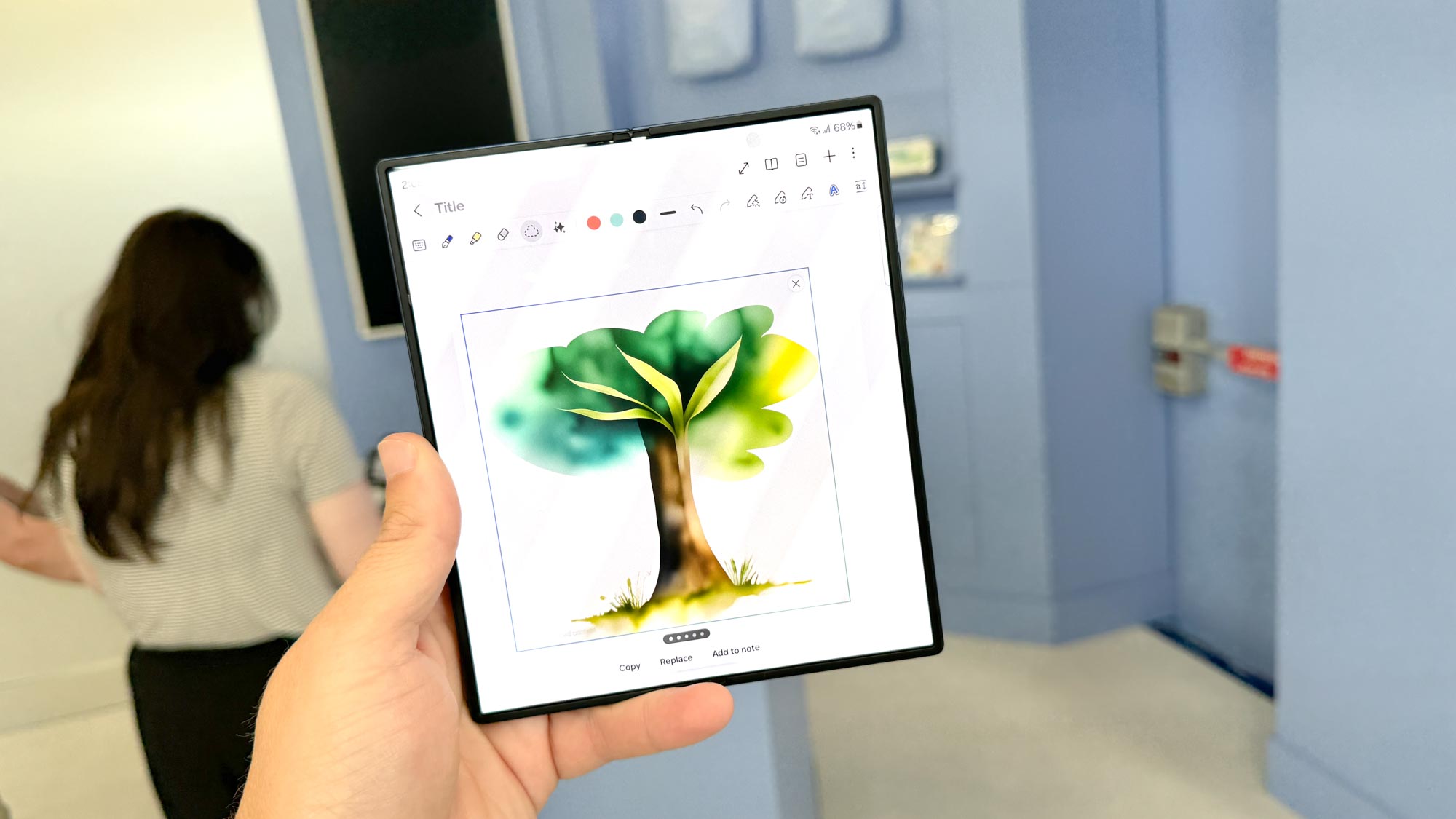
The main competition for the Galaxy Z Fold 6 right includes the OnePlus Open and Google Pixel 9 Pro Fold — two of the best foldable phones money can buy. The OnePlus Open is a little older, with a OnePlus open 2 expected in the near future, but it still offers a foldable experience that trumps Samsung's latest. Not to mention both it and the Pixel 9 Pro Fold are $100-$200 cheaper.
Both the OnePlus Open and the original Pixel Fold offer a squatter design than Samsung, which some find to be more comfortable in their hand. However Google has since adopted a longer, more Z Fold-esque approach to its foldable that shows Samsung must have been doing something right the past few years.
Despite its age and the differences in design. OnePlus has excelled by managing to capture the premium feel of its design. The Open has perfected multitasking with the Open Canvas concept and offers considerably better camera hardware — particularly with the telephoto lens, which is 64MP compared to the Z Fold 6’s 10MP.
Meanwhile, Google pushes that same lens even further with 5x optical zoom and classic Google Pixel camera performance aided by AI. Being part of the Pixel 9 series, rather than its own thing, also means that the Pixel 9 Pro Fold gets to enjoy all the same Tensor G4-powered AI features as the rest of Google's flagships — including image generation, Gemini Assistant, and more.
In some ways, the Galaxy Z Fold 6 comes out on top, but in other areas, both rival book-like foldables have it beat. However, a recent breakdown by JerryRigEverything indicates that the new design isn't all perfect. One of the major issues is that the hinge lets in a surprising amount of dust. During the test, the phone was covered in dirt, which led to the hinge making a noise when the phone was opened and closed, something that didn't happen with older models.
Samsung Galaxy Z Fold 6: Verdict
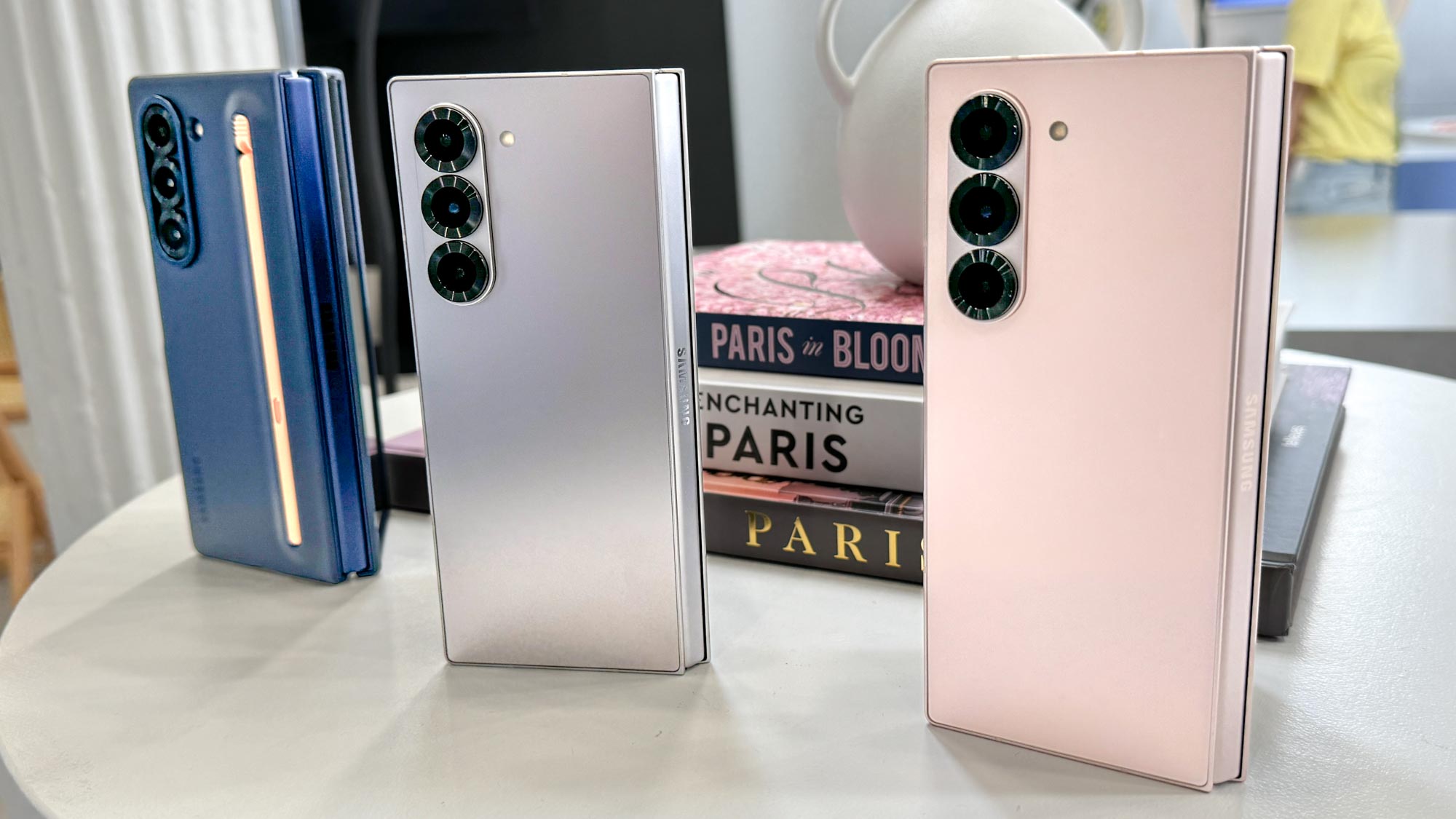
You can read our in-depth thoughts on Samsung's latest big foldable in our Galaxy Z Fold 6 review. But in a nutshell, it's a refinement of previous Z Folds, but not dramatically improved.
The revised design makes the phone lighter and tougher, while the new screens are brighter and more colorful than ever. Performance is a particular high point thanks to the Snapdragon 8 Gen 3 chip and a full suite of Galaxy AI features, including the entertaining Sketch to Image.
But the cameras haven't been upgraded in any noticeable way, and battery life is only a little better than last year's model. But the biggest flaw is the price, which has climbed even higher to $1,900 for the standard model.
It’s no surprise that Samsung isn’t being very adventurous with the Galaxy Z Fold 6. The company has taken more of a refine-and-adapt approach to its foldables for the past few generations, rather than offering big tentpole-style upgrades each year.
Arguably, Galaxy AI could be considered the latter, and it could easily be the main selling point for anyone thinking about picking up a Galaxy Z Fold 6 for themselves. Assuming, of course, that the price increase doesn’t put them off and send users into the arms of cheaper rivals.

Tom is the Tom's Guide's UK Phones Editor, tackling the latest smartphone news and vocally expressing his opinions about upcoming features or changes. It's long way from his days as editor of Gizmodo UK, when pretty much everything was on the table. He’s usually found trying to squeeze another giant Lego set onto the shelf, draining very large cups of coffee, or complaining about how terrible his Smart TV is.


